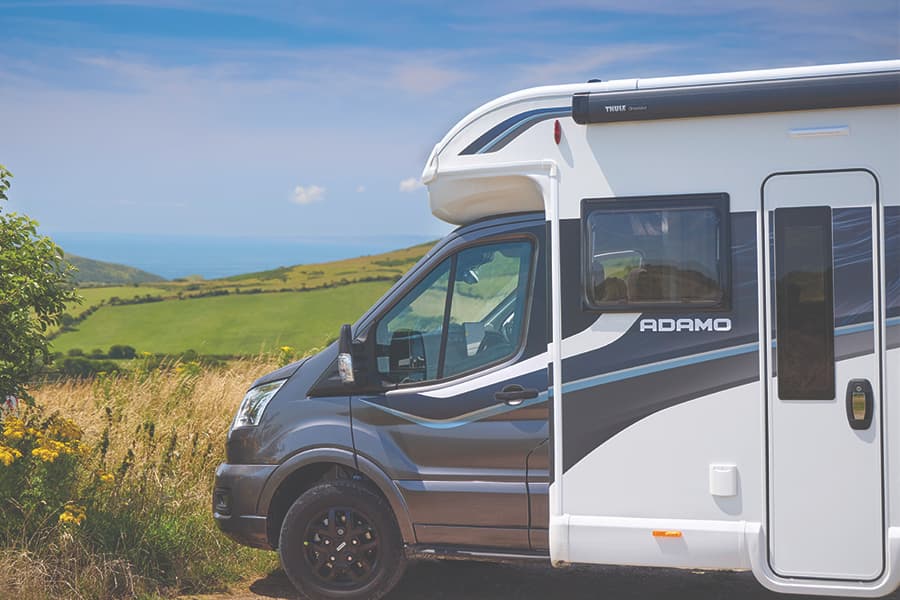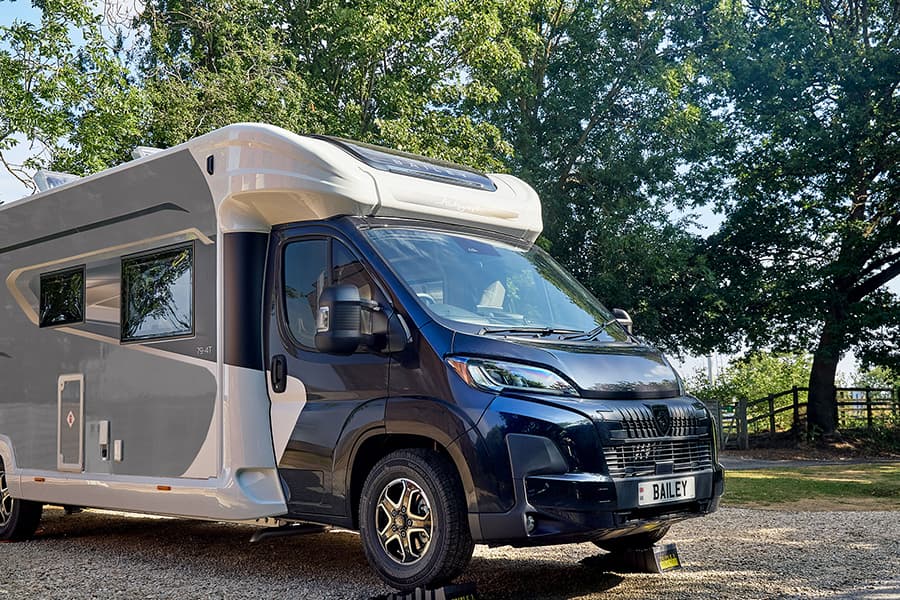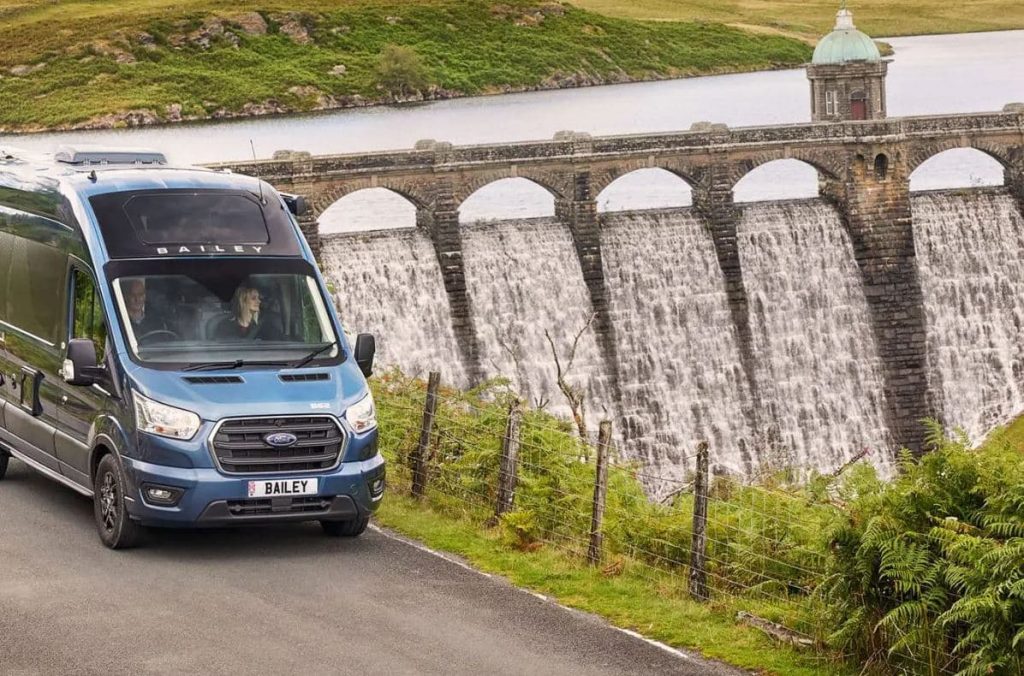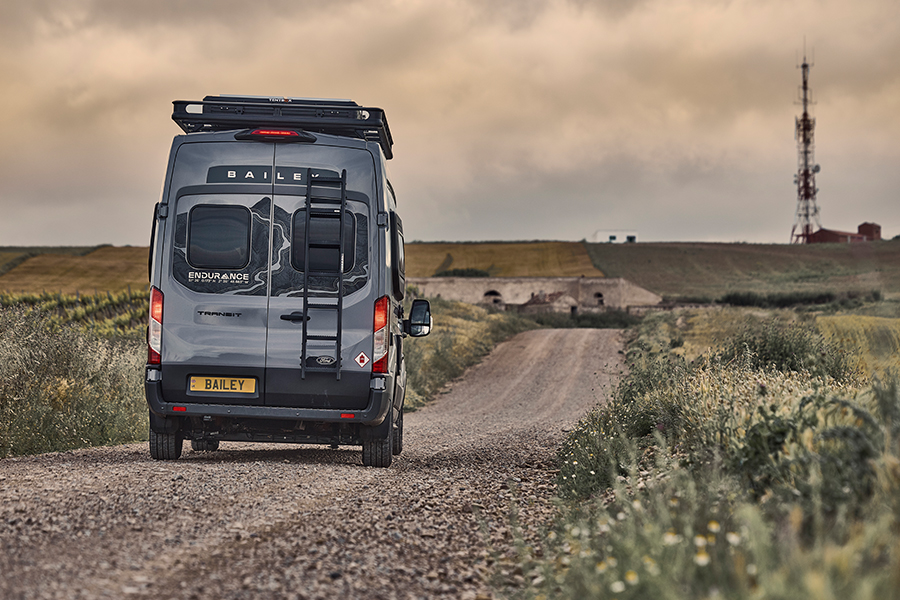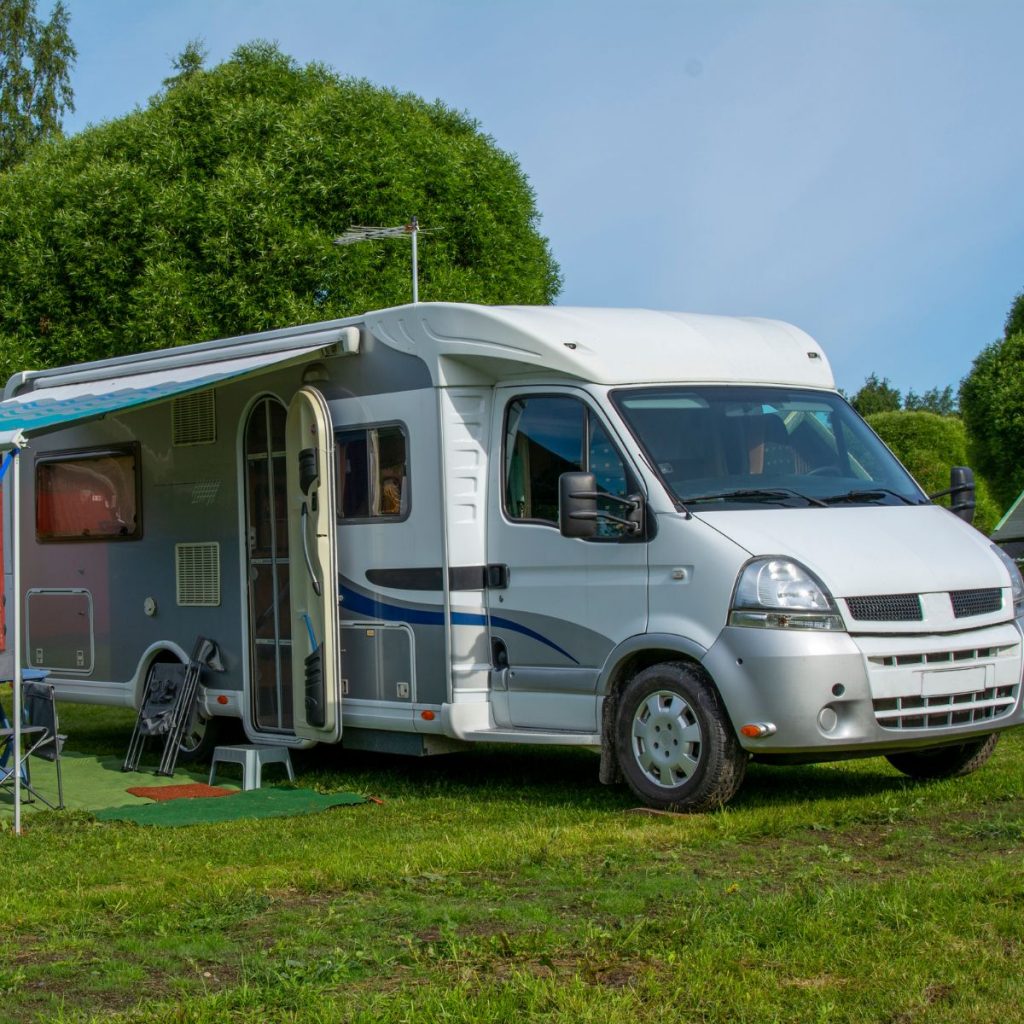44% of Brits Say Motorhome and Caravan Holidays Offer the Best Value for Family Breaks
A new survey has revealed that motorhome and caravan holidays are considered the best value option for family breaks, with more Brits choosing these flexible trips over beach resorts, city breaks, and traditional camping holidays.
In a poll of 1,200 UK adults, 44% said motorhome or caravan holidays offer the best overall value for money when travelling with family. This placed them ahead of UK beach resorts at 22%, city breaks at 19%, and traditional camping in tents at 15%.
The findings suggest that cost certainty, flexibility, and the freedom to travel at your own pace are increasingly important factors when families plan their time away.
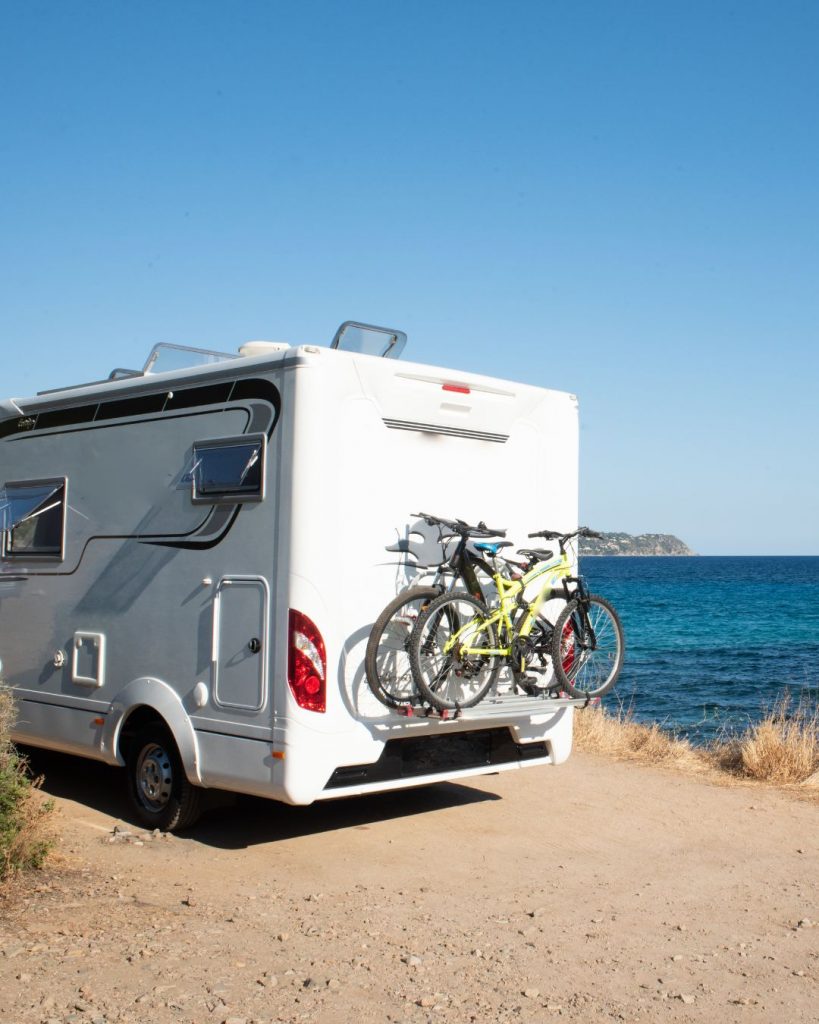
Where families say the savings come from
When asked what the single biggest financial advantage of a motorhome or caravan holiday is, respondents gave a clear breakdown:
- 30% said lower accommodation costs compared to hotels and resorts
- 25% said the ability to cook meals instead of eating out
- 23% pointed to fewer hidden or unexpected expenses
- 22% said savings on travel compared to flights abroad
The evenly split results show that value is not about one single factor, but a combination of controllable costs across accommodation, food, and travel.
Larger families see greater value
The survey also revealed a strong link between family size and the perceived value of motorhome and caravan holidays.
Among households with one child, 38% said motorhome or caravan holidays offer the best value. That figure rose to 52% for families with two children and 61% for families with three or more children.
Meanwhile, 64% of parents with three or more children said accommodation costs are the most important factor when choosing a holiday, compared to 46% of families with one child.
Overall, 70% of parents surveyed said they feel more in control of their holiday spending when travelling in a motorhome or caravan compared to other types of breaks.
Budget confidence driving decisions
More than half of respondents, 56%, said they are actively looking for holidays where they can set and manage a clear budget. A further 49% said avoiding airport disruption and additional airline fees makes UK motorhome and caravan holidays more appealing.
Nearly half, 48% said flexibility is now more important to them than luxury when choosing a family break.
Commenting on the results of the survey, James Roper of Ropers Leisure, said:
“Families are becoming much more conscious of how far their holiday budget needs to stretch. What this research shows is that motorhome and caravan holidays offer a practical and flexible solution without sacrificing quality time together.
“You have your own space, the freedom to travel at your own pace, and the ability to manage spending in a way that suits your family. For larger families in particular, the savings compared to hotels or overseas travel can be significant.”
He added: “We are seeing more first time buyers and families exploring motorhome and caravan trips as a long-term way to make holidays more affordable year after year.”

